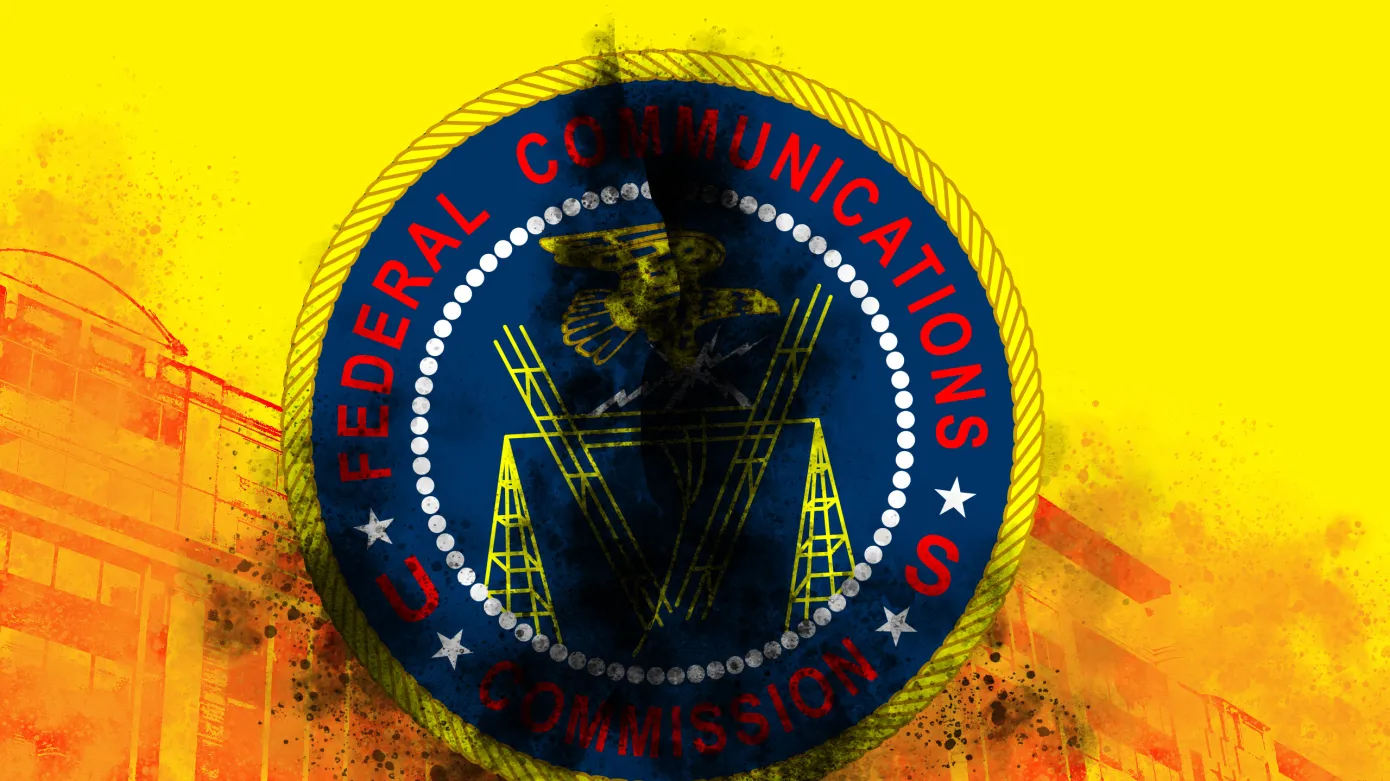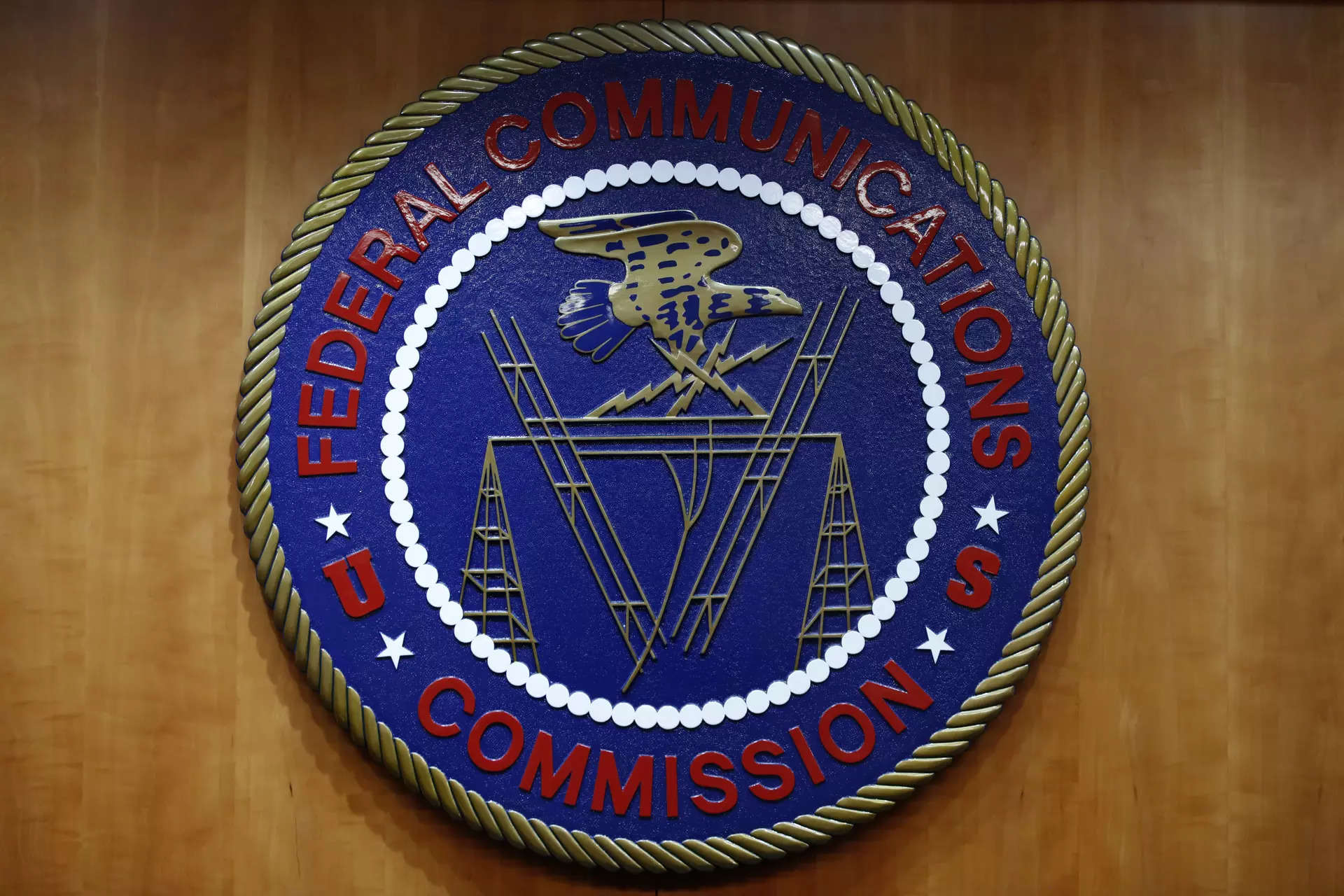The journey of net neutrality towards federal protections against broadband meddling has been a rollercoaster ride, characterized by shifts in policies and regulatory frameworks. The current trajectory suggests that the fate of net neutrality may hinge on the outcome of the upcoming election in November.
If Biden wins reelection, there is optimism among proponents of net neutrality that the rules being put in place by the FCC could be solidified into law. These rules aim to ensure that internet service providers (ISPs) cannot engage in practices such as prioritizing, throttling, or blocking internet traffic based on commercial interests.
The FCC’s intention to reestablish net neutrality, similar to the rules enacted in 2015, but with updates to address legal challenges, is a promising development. The agency has initiated a Notice of Proposed Rulemaking, which is expected to be approved given the current composition of the FCC. However, it will take time for these rules to come into effect.
Once implemented, if the anticipated benefits materialize and there are no adverse effects on internet access and innovation, there may be efforts to codify certain aspects of net neutrality into law. This could involve amending the Communications Act, which grants regulatory authority to the FCC. Such legislative action might gain traction, especially if paired with other political initiatives, such as reforming Section 230 of the Communications Decency Act.
Ultimately, the fate of net neutrality rests on the outcome of political dynamics and regulatory decisions, highlighting the ongoing importance of this issue in shaping the future of the internet landscape.



















